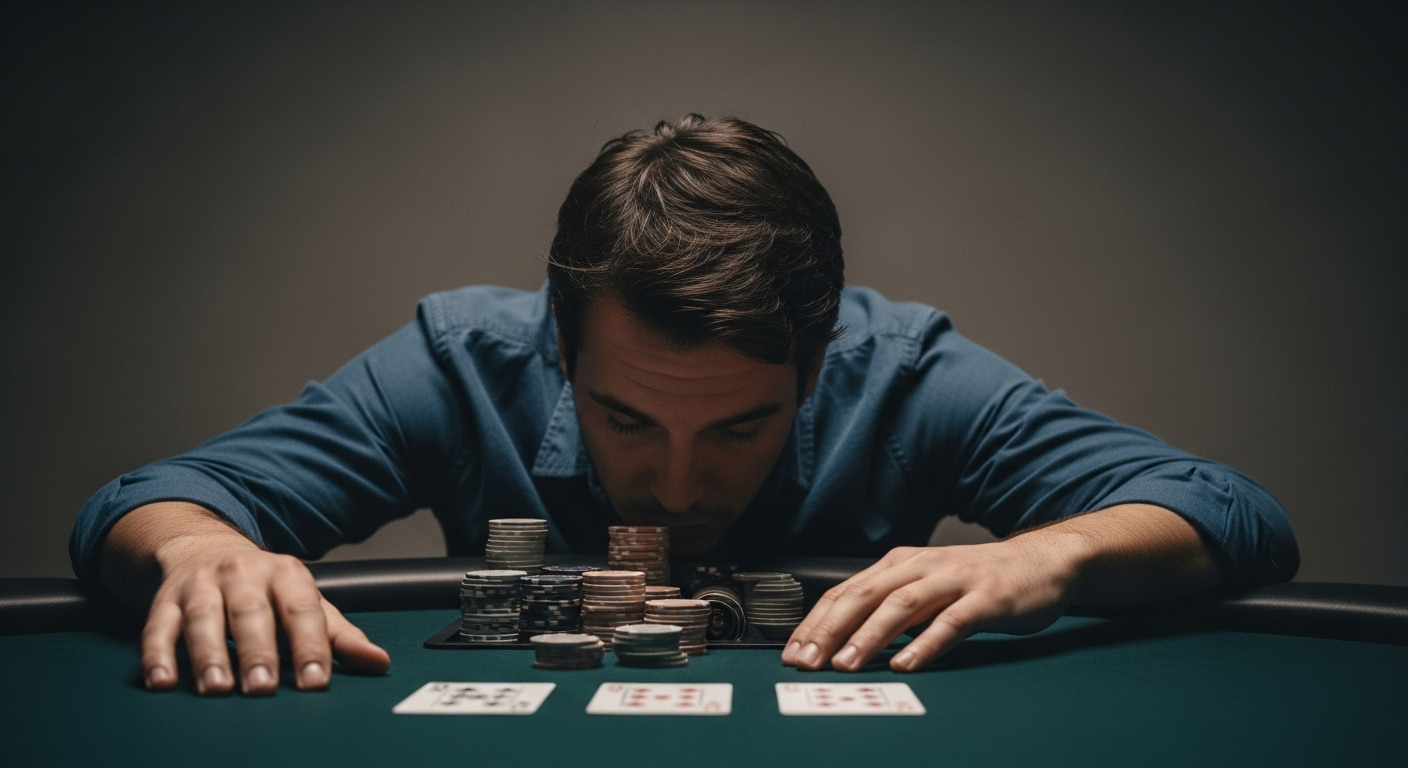Navigating the Downswing: How to Survive and Thrive Through Poker's Variance

It’s the most difficult period in any poker player’s journey. A downswing is a prolonged stretch of losing sessions where nothing seems to go right. Your aces get cracked, your draws miss, and your bluffs get called. It can feel like the universe is conspiring against you. But downswings are a mathematical certainty in a game of variance. How you handle them separates the hobbyists from the serious players.
1. Trust the Process, Review Your Play
The first question to ask during a downswing is: “Am I playing badly, or am I just running badly?” It’s often a mix of both. The stress of losing can lead to poor decisions, compounding the problem.
This is the time for honest self-assessment.
- Study Your Hands: Go back over key hands from your sessions. Were your decisions sound based on the information you had? Did you manage the pot size correctly? Using an app like Poker360 to track your sessions provides the data you need for this crucial review.
- Talk to Other Players: Discuss difficult hands with other players you respect. Getting an outside perspective can reveal leaks in your game that you might have missed.
If you confirm your decisions were mostly correct, you can start to trust that you are simply on the wrong side of variance. This helps to rebuild confidence.
2. Drop Down in Stakes
This is non-negotiable professional advice. A downswing puts a dent in your bankroll and your confidence. Moving down to a lower stake level accomplishes two critical things:
- It protects your bankroll: You reduce the financial pressure, ensuring you can weather the storm without going broke.
- It rebuilds your confidence: The competition at lower stakes is generally softer. This allows you to play a more confident, aggressive style and book some winning sessions, which is a powerful psychological boost.
Ego is your enemy here. There is no shame in moving down to protect your capital and your mental health.
3. Take a Break
Sometimes the best play is to not play at all. If you feel frustrated, angry, or hopeless, step away from the table. A downswing is mentally and emotionally draining.
Take a few days or even a week off. Focus on other aspects of your life: exercise, hobbies, family, and friends. This allows you to reset your mental state. When you return to the game, you will be fresher, more objective, and better equipped to play your A-game.
A downswing is not just a challenge; it’s an opportunity. It forces you to rigorously analyze your strategy, test your discipline, and build the mental resilience that defines a true poker player. Survive it, and you will emerge as a stronger, more capable player on the other side.

Comments